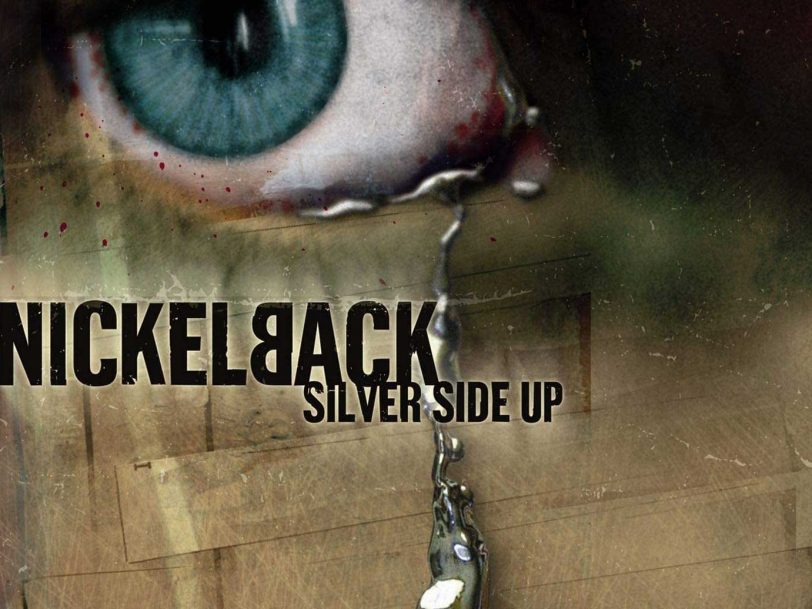In 2001, Nickelback made the leap from cult act to global megastars off the back of their third album, Silver Side Up. Having grasped at the lower reaches of the US Billboard 200 with their first two records, Curb and The State, the group now found themselves topping the charts throughout Europe, the UK and their home country of Canada, and performing sold-out shows which proved their brand of post-grunge rock could hold its own against the garage-rock revival of the early 2000s. Undoubtedly, Silver Side Up’s success was thanks in no small part to its lead single, How You Remind Me – rivalled only by Rockstar in its claim to being Nickelback’s signature track – but the album has much more than just one tune to recommend it. Hidden inside is a plethora of punchy rock tracks that can stand tall among the best Nickelback songs of all time.
Listen to ‘Silver Side Up’ here.
The best post-grunge album ever made
With production from the late Rick Parashar (Pearl Jam, Alice In Chains), Silver Side Up strengthened Nickelback’s already established sound, adding sparse groove-metal elements which the group would further explore on 2005’s All The Right Reasons and, in more fully realised form, on 2008’s Dark Horse. In melding their twin influences of ZZ Top and Pantera on Silver Side Up, however, Nickelback struck gold for the first time, setting themselves up for the long-running career that earlier records suggested could be theirs.
Released on 11 September 2001, the album was up against stiff competition – not to mention major cultural shifts in the wake of 9/11. The White Stripes had recently released the all-conquering While Blood Cells; Tool had unveiled their progressive magnum opus, Lateralus; and The Strokes had sent the garage-rock revival into the stratosphere with their debut, Is This It. Upon closer inspection, however, these bands weren’t really competitors at all. For one, Nickelback, who had formed in 1995, had over half a decade’s experience under their belts, ensuring that they wouldn’t be cowed by the latest trends; and Silver Side Up isn’t anything like those other albums. Taken on its own merits, it’s arguably the best post-grunge record ever made.




